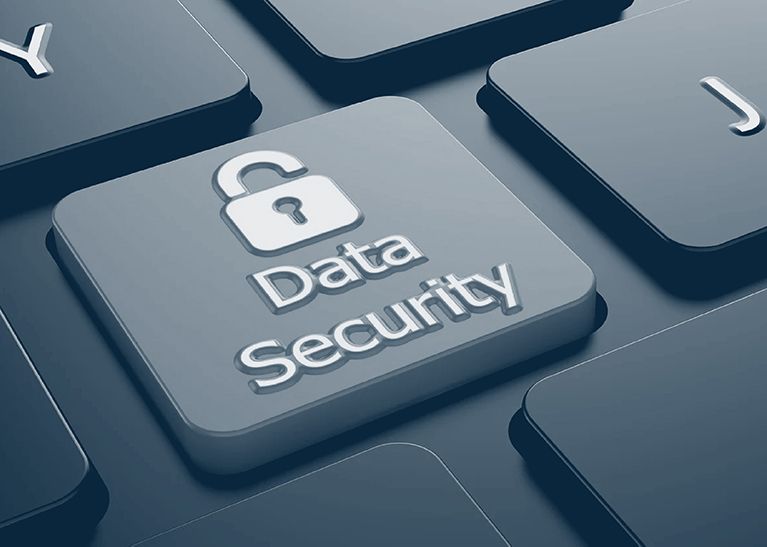Today’s Challenges in Data Security

Data security in Singapore is a significant concern due to the country’s heavy reliance on digital infrastructure and its position as a global hub for business and finance. The Singapore government organizations place great emphasize on data protection to ensure the security, confidentiality, and integrity of personal and sensitive information.
Data security faces several challenges in today’s digital landscape. What are the key challenges of Data Security? Here are some key challenges:
- Cyberattacks:

Cybercriminals employ various sophisticated techniques to breach security measures and gain unauthorised access to sensitive data. Common types of attacks include malware, phishing, ransomware, and social engineering. The evolving nature of these attacks makes it challenging for security systems to keep up and defend against them effectively.
- Insider Threats:
Data security is not solely threatened by external actors. Insider threats arise from individuals within an organization who have legitimate access to data but misuse or abuse their privileges. This could be intentional or unintentional, such as employees leaking sensitive information, mishandling data, or falling victim to social engineering attacks.

- Data Breaches:
Data breaches involve unauthorized access, acquisition, or disclosure of sensitive information. Breaches can occur due to weak security controls, vulnerabilities in systems, or human error. The consequences of data breaches can be severe, including financial losses, reputational damage, and legal repercussions.
- Compliance and Regulatory Requirements:
Organizations must adhere to various data protection laws and regulations, such as the General Data Protection Regulation (GDPR) in the European Union and the California Consumer Privacy Act (CCPA) in the United States. Ensuring compliance with these regulations poses challenges, as they often require organizations to implement robust security measures, provide data breach notifications, and obtain explicit user consent.
Addressing these challenges requires a comprehensive approach that combines technological advancements, robust security protocols, employee training, regular audits, and a proactive stance toward data security.
- Data Privacy:
Protecting the privacy of personal and sensitive information is a significant challenge. With the increasing amount of data collected, stored, and analyzed, individuals are concerned about how their data is used, shared, and stored. Organizations must implement privacy-enhancing technologies and adopt transparent data handling practices to address these concerns.
- Cloud Security:
The adoption of cloud computing introduces unique security challenges. Cloud environments require organisations to trust third-party providers with their data. Ensuring the security of data stored in the cloud, protecting it during transmission, and verifying the security measures implemented by the cloud service provider pose ongoing challenges.
- Data Governance:
Establishing effective data governance practices is crucial for data security. This involves defining policies, procedures, and controls to ensure the appropriate handling, access, and use of data. Organizations must also manage data throughout its lifecycle, including data classification, encryption, retention, and secure disposal.
- Emerging Technologies:
New technologies such as artificial intelligence (AI), Internet of Things (IoT), and blockchain bring new data security challenges. For example, AI systems may be vulnerable to adversarial attacks, and securing IoT devices and their interconnected networks can be complex. Understanding and mitigating the security risks associated with these emerging technologies is an ongoing challenge.

Addressing these challenges requires a comprehensive approach that combines technological advancements, robust security protocols, employee training, regular audits, and a proactive stance toward data security.
We are information security consultant that can help your organization to implement Information Security Framework based on ISO/IEC 27001:2022, do reach out to us via email at [email protected]

Recent Comments